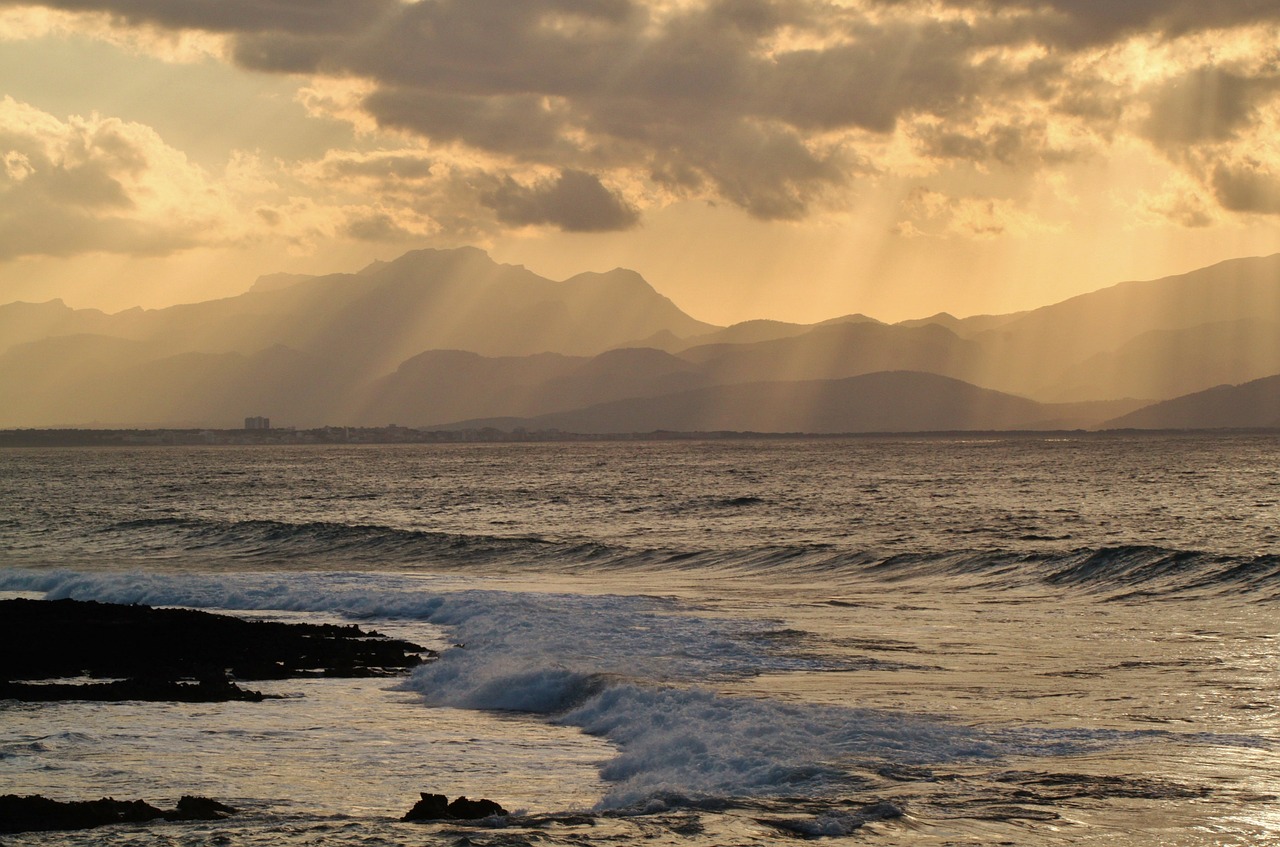A huge tragedy. Again. Hundreds of people died on April 19th after an overcrowded boat sank. The last boat. The last tragedy in the Mediterranean Sea.
Everyday hundreds of migrants fleeing wars or poverty leave their countries and cross the Mediterranean, hoping to reach European coasts for a better future. But many of them die during the journey. Migrants try to reach Southern Europe (Spain, Italy, Malta and Greece) from Northern Africa or Turkey. This means that more countries are involved and that this is not a one-nation emergency. It is an European issue.
According to the International Organization for Migration (IOM), more than 1,500 people died in 2015 in Central Mediterranean. In 2014 the deaths were about 2500, but just in the first 4 months of the year 96 people died.
Italian Government has been trying to solve the migration issue creating “Mare Nostrum” (“Our Sea”) in October 2013, a military-humanitarian mission. Five ships and 14 planes scanned 27,000 square miles of ocean to find boats with migrants on board. The mission costs about $9 million per month. But in November 2014 “Mare Nostrum” was replaced by “Triton”, a mission managed by the European Agency Frontex “to support the Italian authorities in collecting intelligence on the people-smuggling networks operating in the countries of origin and transit of the migrants”.
After the end of “Mare Nostrum” the number of deaths in the Mediterranean Sea has risen 50 times. So “Triton” is not the solution, and “Mare Nostrum” was not enough. So what’s the right way to solve the problem and avoid other deaths?
After the last tragedy, Italian Prime Minister Matteo Renzi called for a European solution.
“Never again” said Federica Mogherini, Italian politician and EU’s High Representative for Foreign Affairs. “What happens every day at the Southern border of Europe is unacceptable for a Union that was built on the principles of solidarity, respect for human rights and dignity for all. We need to save human lives all together, as all together we need to protect our borders and to fight the traffic of human beings.”
Federico Soda, IOM’s Italy director, expressed the same opinion: “Search and rescue efforts must be more comprehensive and supported by the European Union and its member states. This is a humanitarian emergency that involves us all and responses to it must be more holistic.”
And Pope Francis said: “I express my gratitude for the commitment that Italy is showing in welcoming the many migrants who, risking their lives, ask to be taken in. It’s evident that the proportions of the phenomenon require a much broader involvement. We must never tire of appealing for a more extensive commitment on the European and international level.”
“A tragedy is unfolding in the Mediterranean, and if the EU and the world continue to close their eyes, they will be judged in the harshest terms as they were judged in the past when closing their eyes to genocides when the comfortable did nothing,” said Maltese Prime Minister Joseph Muscat.
Many parties in Italy support Matteo Renzi’s idea: Italy needs a European solution. But some right-wing parties don’t agree: “Fratelli d’Italia” (Italian Brothers) and “Lega Nord” (Northern League), for example, call for a blockade.
The Italian PM Matteo Renzi and the Italian Interior Minister Angelino Alfano “are looking for beds for another 6,500 migrants. We call on the League’s governors, mayors, executive councilors and councilors to say no to every new arrival with every means possible. We in the League are ready to occupy every hotel, hostel, school or barrack used for supposed refugees”, said Matteo Salvini, leader of the Northern League party, while Daniela Santanchè, a member of Silvio Berlusconi’s Forza Italia party, said that Italy’s navy must “sink all the boats.”
In Italy the area most affected by the fleeing of migrants is Sicily, especially the little Island of Lampedusa, where thousands of migrants have been arriving for years. The island is very small and the detention centers are overcrowded.
Italy is doing its best for migrants: saving them in the Mediterranean Sea, putting them in the detention centers, and paying a cost of about 2500 euros per person each month. In 2013 Italy rejected 36% of asylum inquiries. Instead, UK rejected 82% of them, Germany 74%, France 83% and Belgium 68%. But Italy’s solidarity doesn’t solve the issue.
During these days many solutions have been expressed on the newspapers. Among the options, some propose to have agreements with the countries the migrants come from (is it really possible to have agreements with these countries?) Others propose to open the European frontiers (is it really a good choice?) Another option could be a political solution, through a peace-keeping and a peace-enforcing mission into the Libyan territory (this option have to face the existing two governments and many tribes). A naval blockade would cause international political issues without solving the problem.
Needless to say a European solution is necessary. At the moment the answer of the European Union to these tragedies cannot be merely to double the funds of the “Triton” mission: a right strategy is needed to solve a complex problem as the migration of millions of people. The issue cannot be solved neither with a military operation authorized by UN in order to destroy the boats before their departure. Indeed, this would not solve the reasons of the migration.
At the moment, the main problem for the EU is time. While we are talking, other boats have departed, hoping to reach the Italian coasts. And other migrants are risking their lives.
